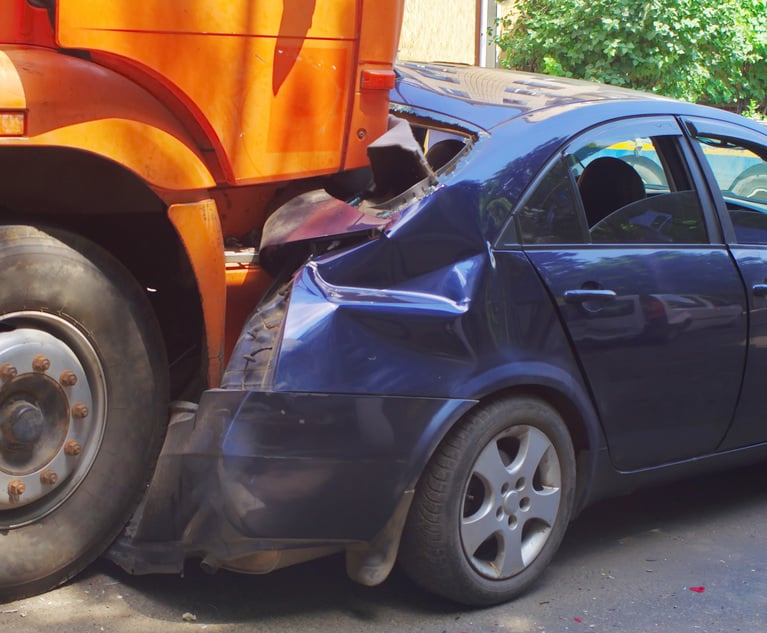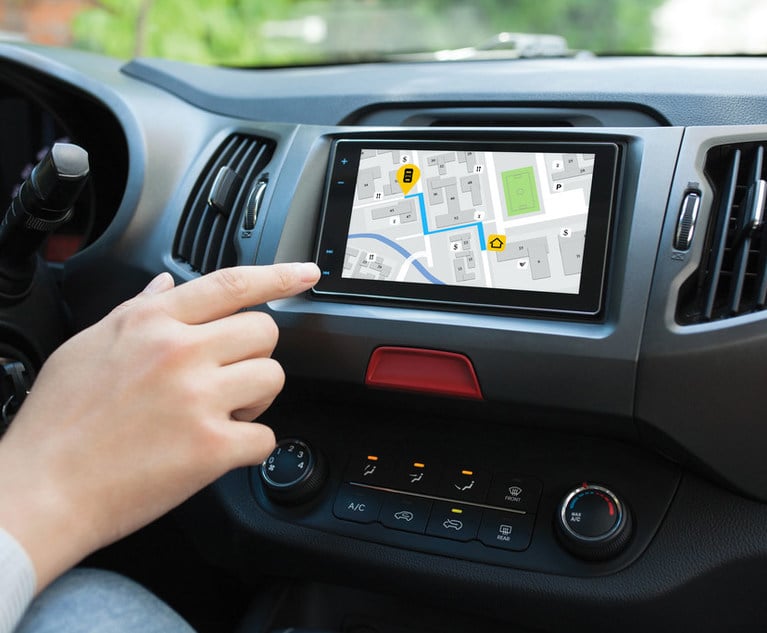Dr. Robert Hartwig, CPCU, an economist and president of theInsurance Information Institute (I.I.I.), is urging Michiganpolicymakers to put the brakes on factors driving up auto insurancerates. Dr. Hartwig reports that if nothing is done to address andmodify the state's current policy regarding no-fault claims, thenMichigan drivers will continue to pay more than most Americans forauto insurance.
|"While the cost drivers influencing the price of auto insurancein Michigan are similar to those in other states in most respects,there is one glaring exception -- its unlimited threshold forno-fault auto insurance claims," Dr. Hartwig testified, in remarksbefore the Michigan House Insurance committee on Dec. 3, 2009. "Noother state in the country provides unlimited no-fault benefits,and for good reason: with unlimited benefits come unlimitedcosts."
|Dr. Hartwig noted that the average no-fault auto insurance claimin Michigan rose 250 percent, to $31,883 in 2007 from $9,103 in1998, because the "system operates with virtually no checks orbalances." Unlike almost any other state, Michigan has no medicalfee schedules, no utilization controls or treatment protocols, andno state insurance fraud bureau to investigate and prosecute fraudand abuse in the no-fault system.
|"Michigan's unlimited no-fault threshold exposes the state'sdrivers to the full force and fury of runaway health care costs,"Dr. Hartwig noted. "Quite literally, [its] no-fault system is thelast and greatest blank check in the U.S. healthcare system," Dr.Hartwig said. "These rising costs are reflected in the premiumsMichigan drivers pay but do not lead to increased insuranceindustry profits."
|The average auto insurance policyholder in Michigan spent $928in 2007 to insure his or her vehicle, compared with $795 for thetypical U.S. driver in that same year, making Michigan's rates the11th highest in the nation. Yet these higher premiums have donelittle to boost the auto insurance industry's bottom line in thestate, with Michigan auto insurers' average return on net worth(RNW) in the private-passenger market standing at 2.1 percentbetween 1998 and 2007, a time frame in which the national RNWnumber in this same market stood at 8.4 percent. In contrast, arisk-free investment in 10-year U.S. Treasury notes over the samespan of time (from 1998 to 2007) would have provided a rate ofreturn of 4.9 percent.
|In his testimony, Dr. Hartwig argued that efforts to eitherrestrict or ban certain underwriting tools -- such as credit-basedinsurance scores -- will not lower auto insurance premiums.Likewise, he said, efforts to create low cost auto insurancepolicies to improve affordability without also reducing thebenefits provided are doomed to failure. "Such programs implicitlyrequire subsidies," he stated.
|"With more than 100 companies offering auto insurance in thestate, lack of competition is clearly not a contributing factor toMichigan's relatively high automobile insurance premiums," Dr.Hartwig concluded. "Solutions must necessarily focus on costdrivers."
|Source: www.iii.org
Want to continue reading?
Become a Free PropertyCasualty360 Digital Reader
Your access to unlimited PropertyCasualty360 content isn’t changing.
Once you are an ALM digital member, you’ll receive:
- All PropertyCasualty360.com news coverage, best practices, and in-depth analysis.
- Educational webcasts, resources from industry leaders, and informative newsletters.
- Other award-winning websites including BenefitsPRO.com and ThinkAdvisor.com.
Already have an account? Sign In
© 2024 ALM Global, LLC, All Rights Reserved. Request academic re-use from www.copyright.com. All other uses, submit a request to [email protected]. For more information visit Asset & Logo Licensing.








